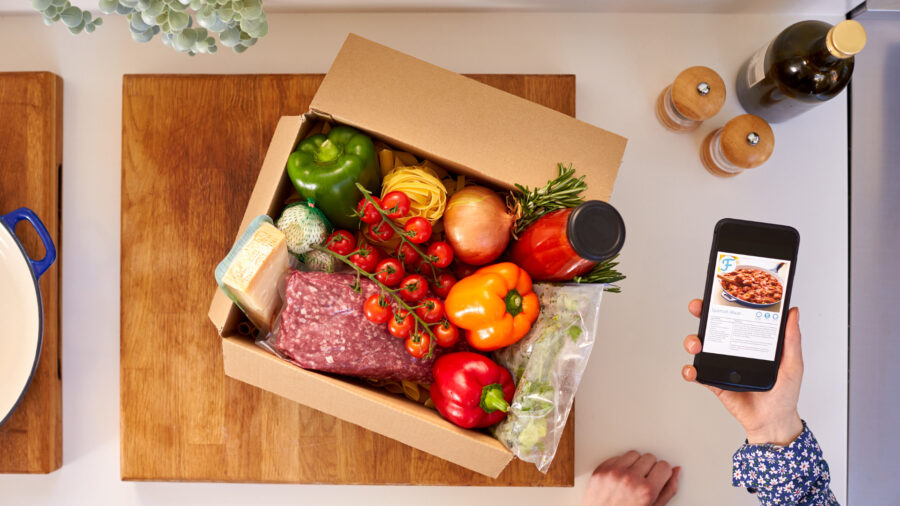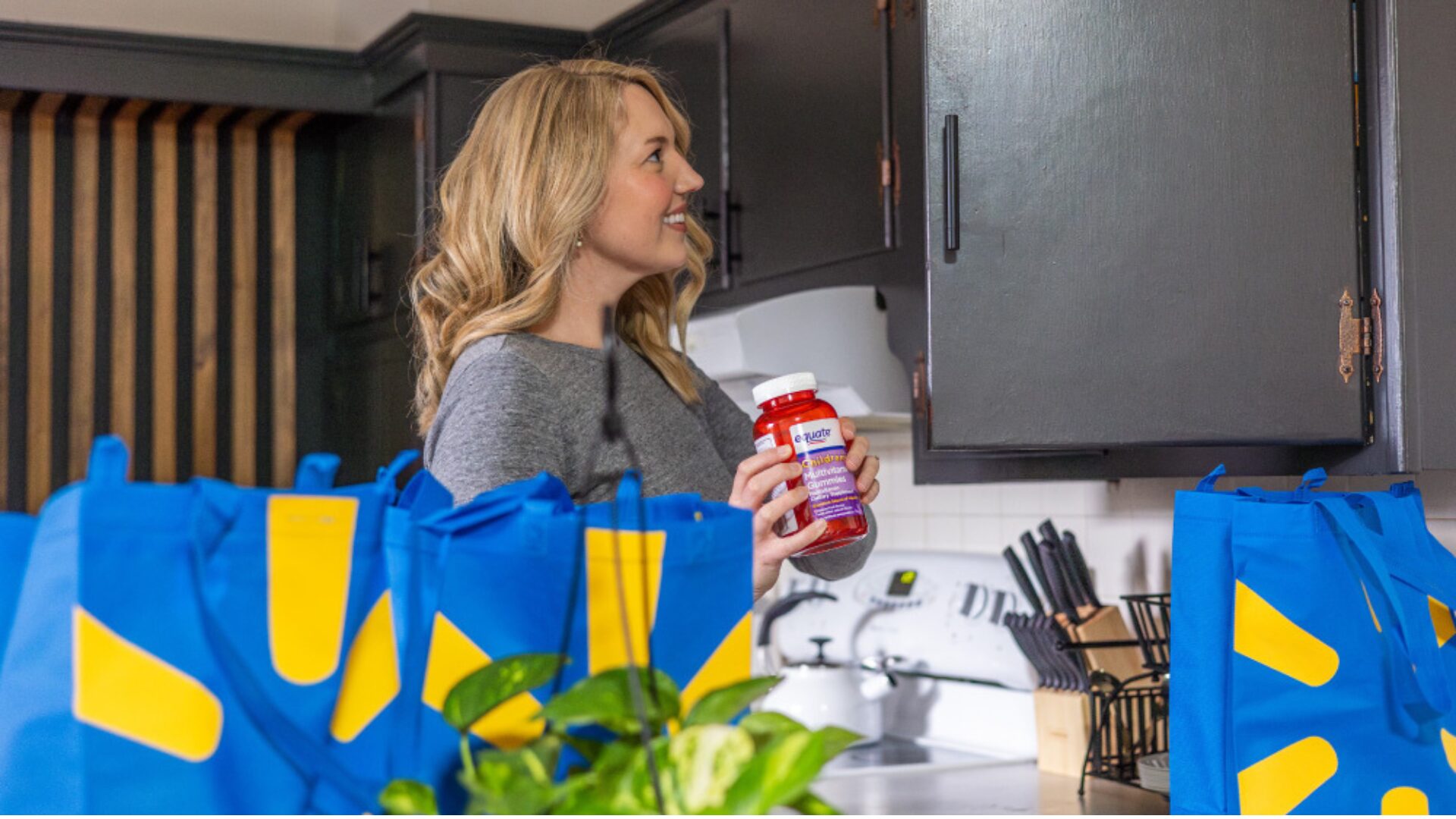Despite stronger sales earlier in the pandemic, the meal kit industry still has room to grow, with Statista projecting the U.S. market to reach more than $10 billion by 2024, compared to $6.9 billion in 2021.
Supporting this forecast, marketing firm Culinary Visions said 49% of consumers aged between 18 and 34 surveyed in a recent study indicated that meal kits are now part of their weekly grocery routine. And, nearly 72% of respondents aged 18-34 years and 65% of those aged 35-54 said they’d be interested in a meal kit that met specific dietary needs that were important to them. (Progressive Grocer)
Yet, the easing pandemic has led to a slowdown of at-home meals. At the same time, rising inflation across most categories of food has meant more families are increasingly budget-conscious, which means cutting back on meal kits.
Meal kit delivery services may also have contributed directly to the slowdown, providing the training wheels for far more people learning how to cook during the pandemic, some experts say. It’s a twist on the adage: Give a man a fish and you feed him for a day. (The Washington Post)
Efforts to grow business
Against this backdrop, meal kit services are adapting to provide more convenience, whether it be new products, targeting new meal occasions, or adjusting the subscription component of their services. Some providers, for example, now offer dishes to align with the growing movement toward plant-based foods.
Others, like Blue Apron, are expanding into limited time seasonal offerings, including its Summer Lobster Box, available with or without a subscription.
Blue Apron also began offering four meals without a subscription to online customers at Walmart.com, a partnership the New York based company says will remove barriers for trial and help the meal kit company reach new customers.
“We are subscription at our core,” Dani Simpson, chief marketing officer at Blue Apron told The Food Institute. “But partnering with Walmart, being the first meal kit on their platform, and having a storefront in Walmart was really important to us [in acknowledging] that not every customer wants to sign up for another subscription in today’s world… and we want to be the meal care provider that meets them where they are.”
Simpson added that Blue Apron is in discussions with other companies about future non-subscription partnerships and is likely to make additional announcements in the coming months.












